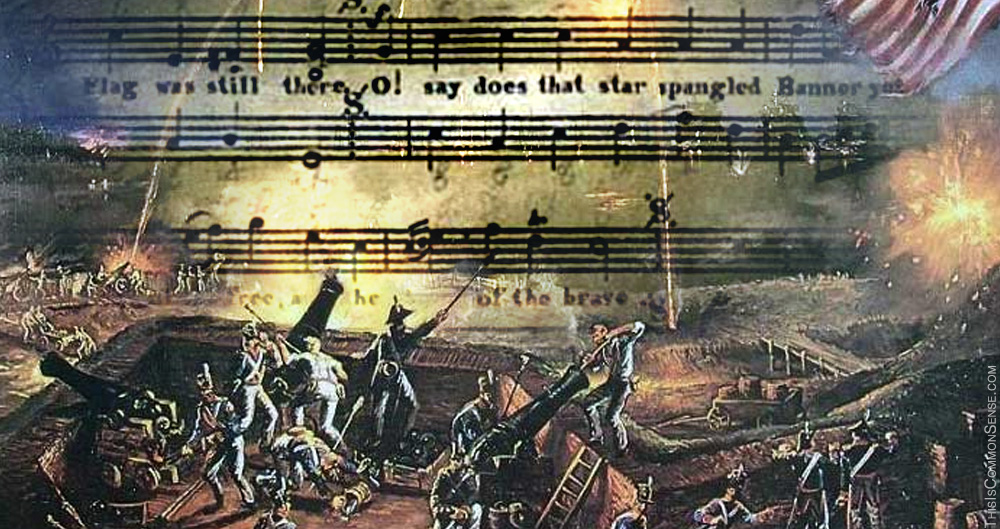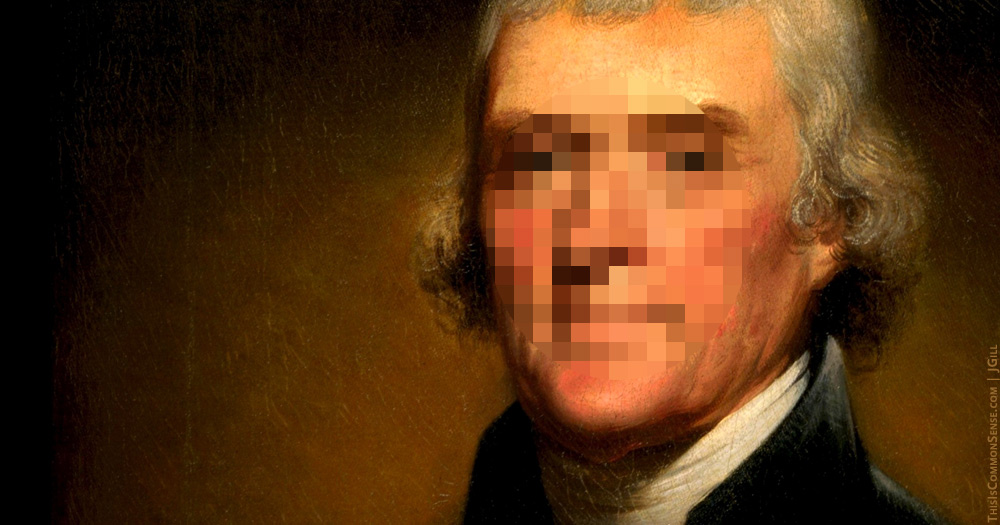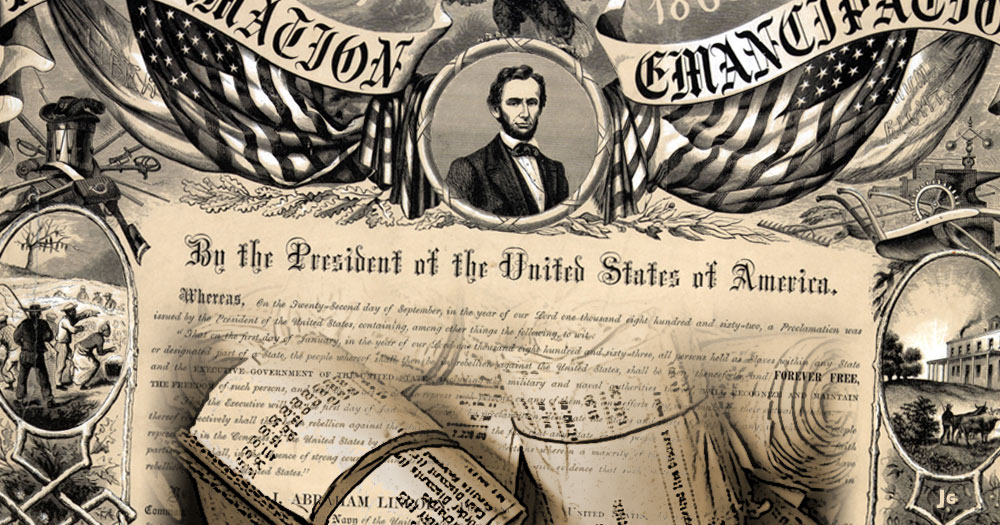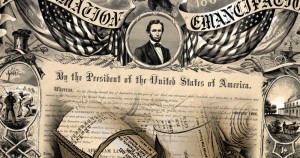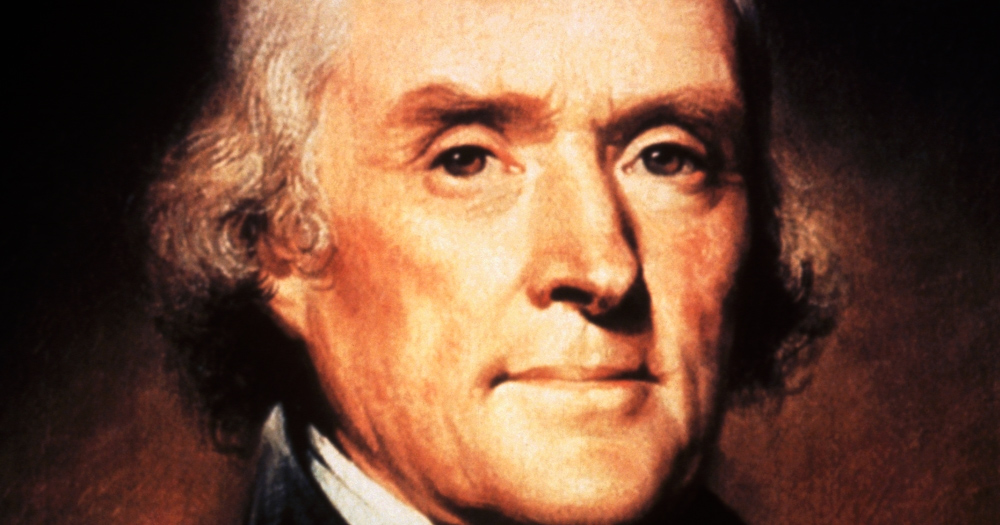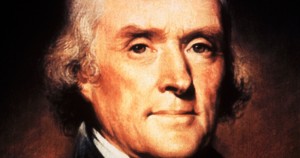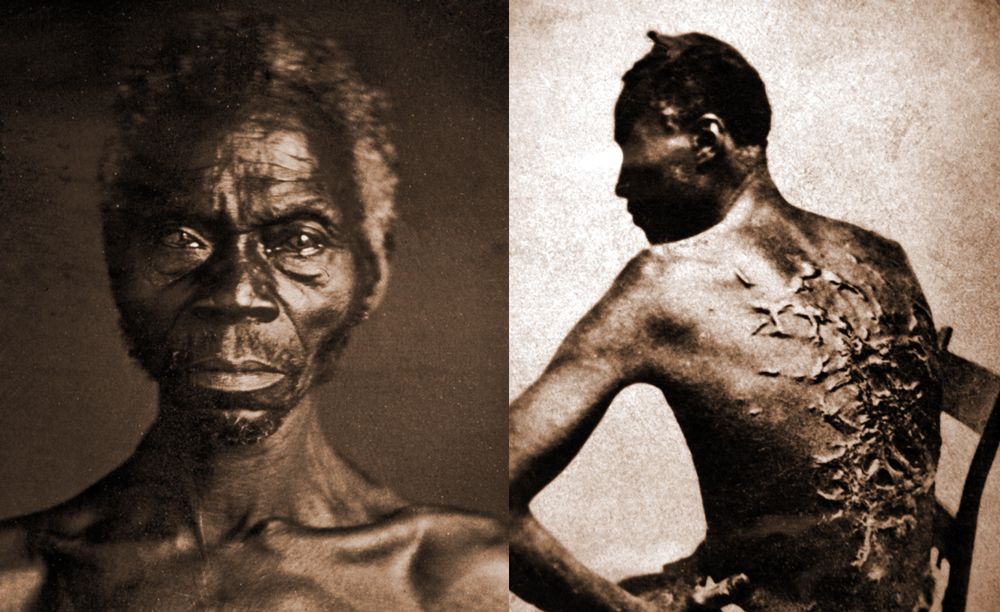Congress created The National Commission on Military, National, and Public Service “to consider and develop recommendations concerning the need for a military draft, and means by which to foster a greater attitude and ethos of service among American youth.”
Is it possible that Congress and the commissioners have never considered the inherent contradiction between forcing people into the military against their will and fostering an “ethos of service”?
Today, I will get perhaps two minutes to address this commission at a hearing in Denver, Colorado, answering* these questions it has posed:
Is a military draft or draft contingency still a necessary component of U.S. national security?
The military draft has never at any time in the history of this country been a necessary component in U.S. national security.
Are modifications to the selective service system needed?
No. The Selective Service System, the people who force very young men into the military against their will, needs to be ended. Not modified. Not expanded to women. End draft registration. Close the agency.
The United States should forswear any use of conscription. A free country need not force people into the military to defend it.
Is a mandatory service requirement for all Americans necessary, valuable, and feasible?
Necessary? Not on your life. Americans have always stepped forward — not only to defend their own country, but also in hopes of defending people across the globe.
Valuable? That’s a bad joke. People forced to kill and die in Vietnam and other conflicts and those imprisoned for refusing to take part in such a system fail to see any value. The draft has been disastrous.
What is valuable are the lives and rights of the young. They are free citizens, not Congress’s pawns.
Feasible? No. Because too many of us will fight you, refusing to go along. Even if it means our imprisonment.** Plus, a conscripted army is a poor substitute for the All Volunteer Force.
The draft is unnecessary, divisive and dangerous.
How does the United States increase the propensity for Americans, particularly young Americans, to serve?
Be worthy of the voluntary service of the American people.
If the government is responsible, then people will respond to protect it.
Commit to raising an army of soldiers and service providers by persuading citizens to freely serve their communities and their country. In short, this commission and this Congress should commit to freedom.
That would be truly inspiring.
This is Common Sense. I’m Paul Jacob.
* I will also be submitting a longer, more formal statement in testimony.
** As regular readers know, I was one of 20 young men prosecuted for refusing to register for the draft in the 1980s.


